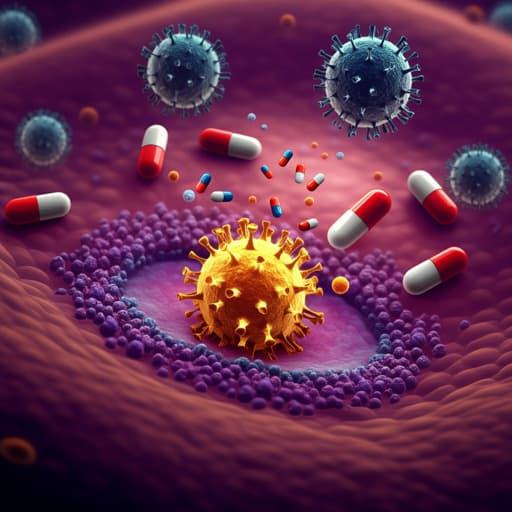
Medicine and Health
The effects of colchicine on hospitalized COVID-19 patients: A randomized, double-blind, placebo-controlled clinical trial
H. Kasiri, M. Ghazaiean, et al.
In a groundbreaking randomized double-blind clinical trial, researchers Hossein Kasiri, Mobin Ghazaiean, Nima Rouhani, Fahimeh Naderi-Behdani, Monireh Ghazaeian, and Robabeh Ghodssi-Ghassemabadi investigate the impact of colchicine on hospitalized COVID-19 patients. Despite hopes for improvement, the study reveals no significant benefits in clinical response or mortality rates, raising concerns about gastrointestinal side effects in those treated with colchicine.
Related Publications
Explore these studies to deepen your understanding of the subject.







